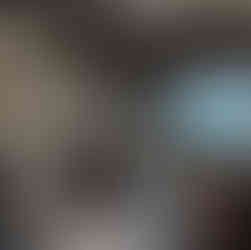Training and Lecturing at the Spring School 2025 "Heritage Horizons" in the Balkans
- MOEBHIOS horizon_msca
- 8 giu
- Tempo di lettura: 2 min

As part of the Erasmus+ Blended Intensive Programme (BIP) "Heritage Horizons 2025", Dr Raffaella De Marco participated in a dynamic week of academic exchange and cultural exploration across the historical Banat region. The programme, held from 19 to 26 May 2025, was coordinated by the Europa-Universität Viadrina Frankfurt (Oder) and hosted in Belgrade with the support of a consortium of international partners.
The initiative was organised by Mr. Robert Seke and the Chair for European Heritage Studies, under the academic guidance of Prof. Paul Zalewski and Dr. Izabella Parowicz. It brought together students and lecturers from across Europe to reflect on heritage as a cross-border phenomenon, shaped by complex histories and socio-political transformation.
Dr De Marco contributed to the programme both as a lecturer and participant, delivering a session on: "Clustered Heritage: Conceptualisation and Perspectives from the Levantine Context". The lecture introduced an original theoretical framework for interpreting heritage through values assessment, particularly in contexts marked by forced aggregation and the coexistence of diverse cultural groups, with comparative insights from the Levant.
Participants had the opportunity to engage with the rich architectural and cultural landscape of Banat, a historically multi-ethnic region now shared between Serbia, Romania, and Hungary, and to exchange ideas on the future of European heritage.
The programme was supported by a strong network of institutional partners:
European University Viadrina (Germany) – Programme Coordinator
University of Belgrade (Serbia) – Local Host
National Museum of Serbia
Politehnica University of Timișoara (Romania)
University of Opole (Poland)
Dr De Marco's participation was aligned with her ongoing Marie Skłodowska-Curie Global Fellowship (MOEBHIOS) and contributed to the development of her research on heritage values and digital documentation in crisis-affected contexts.
“This was not only a teaching opportunity, but also an enriching learning experience — allowing me to expand both my academic horizons and my collaborative network. I'm deeply thankful to the organisers and fellow participants for the fruitful exchange.”

































Commenti